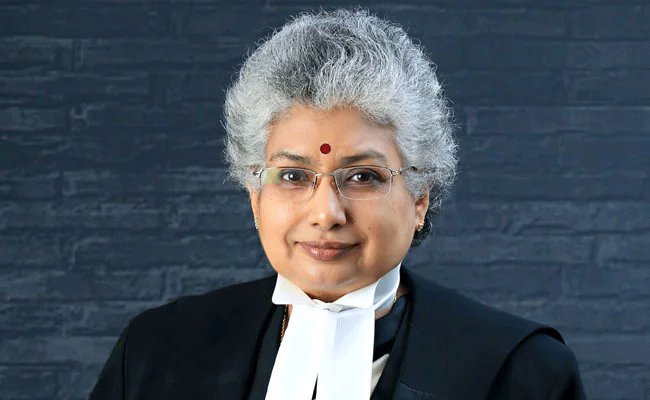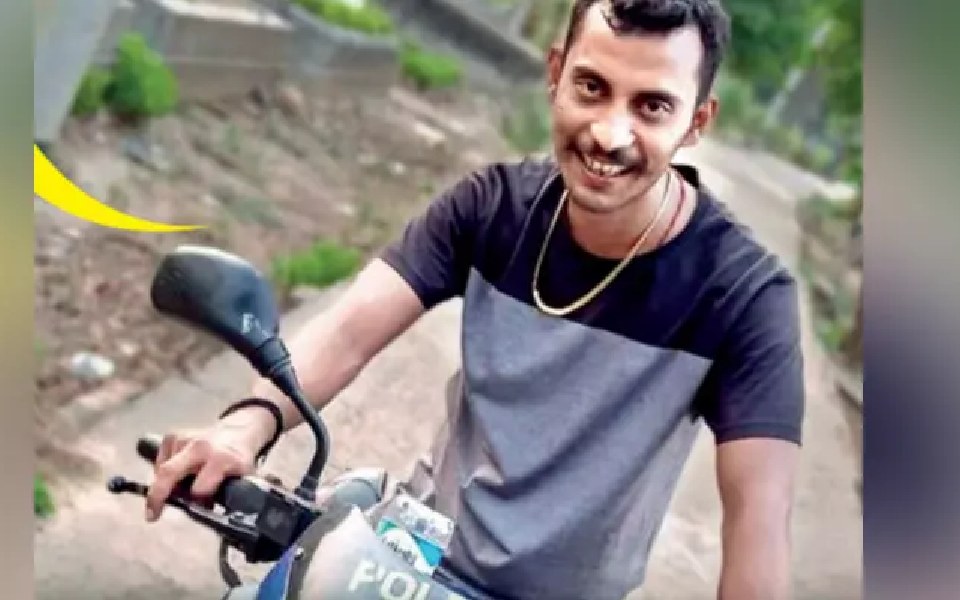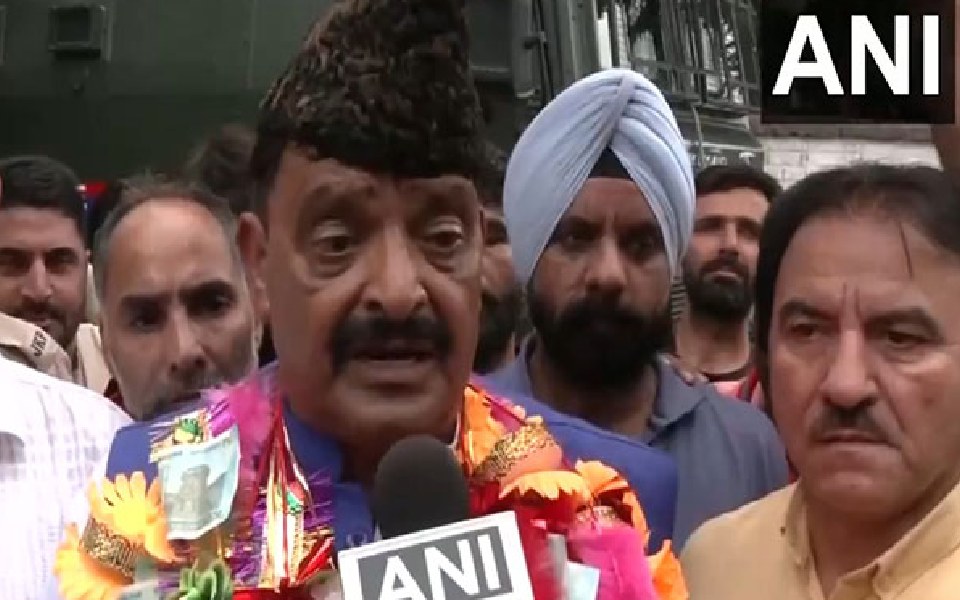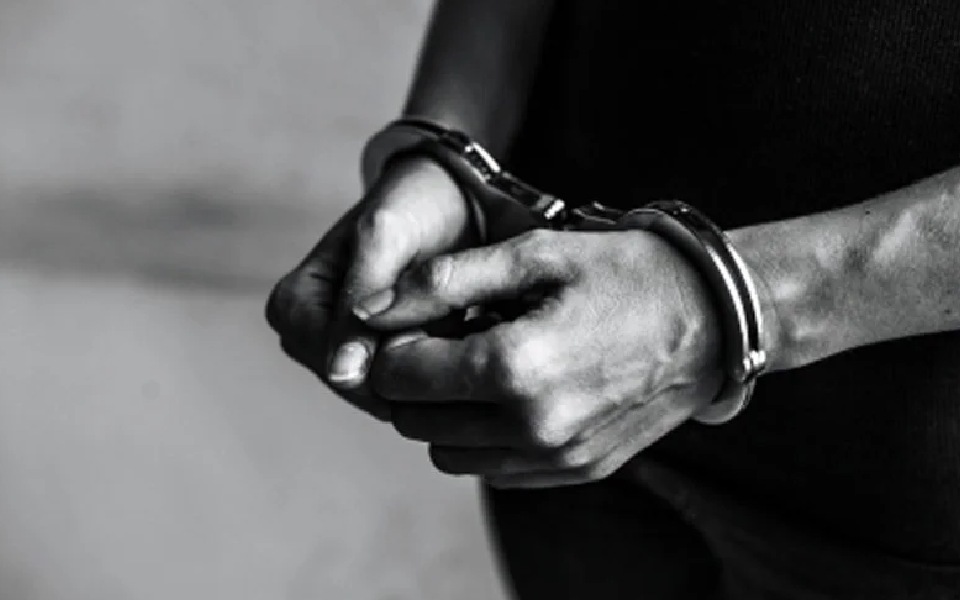New Delhi (PTI): Justice B V Nagarathna of the Supreme Court, who gave a dissenting verdict on demonetisation on Monday, said the scrapping of the whole series of Rs 500 and Rs 1,000 currency notes had to be done through a legislation and not through a gazette notification as Parliament cannot be left aloof in a matter of such critical importance.
Justice Nagarathna, who was the juniormost judge in the Constitution bench also comprising justices S A Nazeer, B R Gavai, A S Bopanna and V Ramasubramanian, said the demonetisation of an entire series of notes at the Centre's instance is a far more serious issue that has wider implications on the economy and the citizens of the country.
Observing that there was no independent application of mind by the Reserve Bank of India (RBI), Justice Nagarathna said the entire exercise was carried out in 24 hours.
"In my view, the power of the central government being vast has to be exercised through a plenary legislation rather than by an executive act by issuance of notification. It is necessary that Parliament, which consists of the representatives of the people of the country, discusses the matter and thereafter, approves the matter," she said.
The judge said the proposal originated from the Centre while the RBI's opinion was sought and such an opinion given by the central bank cannot be construed as a "recommendation" under section 26(2) of the RBI Act.
"Parliament is often referred to as a nation in a miniature. It is the basis of democracy. Parliament provides representation to the people of the country and makes their voices heard. Without Parliament, democracy cannot thrive. Parliament, which is the centre of democracy, cannot be left aloof in a matter of such critical importance," she said.
In her minority verdict, Justice Nagarathna held that the demonetisation of the Rs 500 and Rs 1,000 currency notes was vitiated and unlawful.
The apex court in a 4:1 majority verdict upheld the government's 2016 decision to demonetise the Rs 1,000 and Rs 500 denomination notes, saying the decision-making process was not flawed.
The top court's judgment came on a batch of 58 petitions challenging the demonetisation exercise announced by the Centre on November 8, 2016.
Let the Truth be known. If you read VB and like VB, please be a VB Supporter and Help us deliver the Truth to one and all.
New Delhi, Oct 7: Civic volunteer in Kolkata Police Sanjay Roy had raped and killed the trainee doctor in the seminar hall at RG Kar Medical College and Hospital on August 9, the CBI has alleged in its first charge sheet in the sensational case filed on Monday while ruling out "gang rape".
In the charge sheet filed before a Sealdah court 54 days after the CBI took over the investigation, the agency said that Roy had committed the crime alone and it has not found evidence so far to substantiate allegations of gang rape and involvement of other individuals, officials in the know of the developments said.
The agency told the court that it has kept the probe open into other aspects of the crime, they said.
The report had annexure carrying statements of prosecution witnesses was filed .
The local police had arrested Roy on the next day of the crime - August 10 - based on the CCTV footage and his inability to explain his conduct at the time of the crime.
The CBI heavily relied on the CCTV footage which showed Roy entering the seminar hall at around 4 AM on August 9, they said. The footage showed that he had left the room after 30 minutes, they said.
The DNA samples collected from his nails also indicated his role in the gruesome crime, they said.
The body of the trainee doctor was found at 9.30 am on August 9 by her colleague who went looking for her before starting ward rounds.
The Tala police station was informed about the "body of a lady lying in an unconscious state" and its team reached the spot around 10.30 am. Her autopsy had shown multiple internal and external injuries on the body.
The CBI has charged Roy with Bharatiya Nyaya Sanhita sections 64 and 66 pertaining to rape and 103(1) relating to murder.
Section 66 of the BNS prescribes a punishment for causing the death of a woman during rape, with a minimum of 20 years rigorous imprisonment or life imprisonment or death sentence. Under Section 103 (1), the punishment is death or imprisonment for life.
The CBI, which took over the investigation on August 14 following a Calcutta High Court order, also took Roy’s custody and conducted a detailed interrogation, followed by a polygraph test.
Roy had claimed innocence during questioning and had said that when he entered the room he found the woman doctor unconscious. He could not explain the reasons why he did not inform the police.
Roy had refused to give consent for the narco analysis, following which the CBI could not proceed with the test.
The CBI has also arrested Tala police station officer-in-charge Abhijit Mondal and former principal of the medical college Sandip Ghosh in the case. Ghosh is also facing another CBI case pertaining to alleged corruption.
The junior doctor's killing sparked protests by resident doctors across the country, demanding better security for them.
The Supreme Court also took cognisance of the case and related allegations levelled by agitating doctors and has been holding hearings on the matter.





